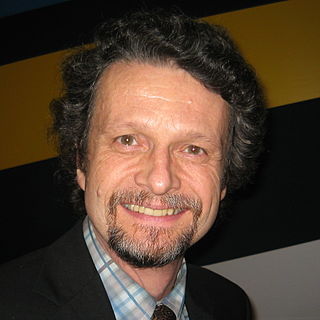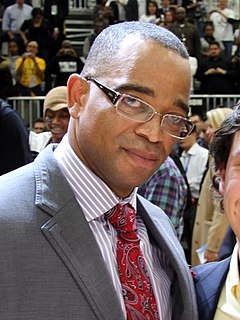A Quote by Etienne Wenger
Practice is a shared history of learning. Practice is conversational. 'Communities of Practice' are groups of people who share a concern (domain) or a passion for something they do and learn how to do it better (practice) as they interact regularly (community).
Related Quotes
It was hard to become an astronaut. Not anywhere near as much physical training as people imagine, but a lot of mental training, a lot of learning. You have to learn everything there is to know about the Space Shuttle and everything you are going to be doing, and everything you need to know if something goes wrong, and then once you have learned it all, you have to practice, practice, practice, practice, practice, practice, practice until everything is second nature, so it's a very, very difficult training, and it takes years.
To think that practice and realization are not one is a heretical view. In the Buddha Dharma, practice and realization are identical. Because one's present practice is practice in realization, one's initial negotiating of the Way in itself is the whole of original realization. Thus, even while directed to practice, one is told not to anticipate a realization apart from practice, because practice points directly to original realization.
If I can't practice, I can't practice. It is as simple as that. I ain't about that at all. It's easy to sum it up if you're just talking about practice. We're sitting here, and I'm supposed to be the franchise player, and we're talking about practice. I mean listen, we're sitting here talking about practice, not a game, not a game, not a game, but we're talking about practice. Not the game that I go out there and die for and play every game like it's my last, but we're talking about practice man. How silly is that?
































